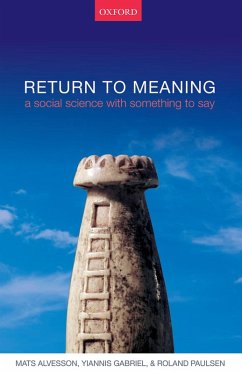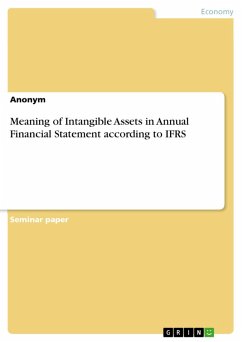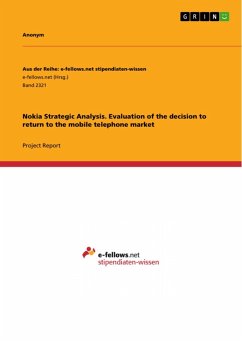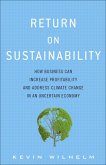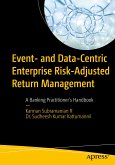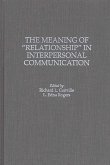This book argues that we are currently witnessing not merely a decline in the quality of social science research, but the proliferation of meaningless research, of no value to society, and modest value to its authors - apart from securing employment and promotion. The explosion of published outputs, at least in social science, creates a noisy, cluttered environment which makes meaningful research difficult, as different voices compete to capture the limelight even briefly. Older, more significant contributions are easily neglected, as the premium is to write and publish, not read and learn. The result is a widespread cynicism among academics on the value of academic research, sometimes including their own. Publishing comes to be seen as a game of hits and misses, devoid of intrinsic meaning and value, and of no wider social uses whatsoever. Academics do research in order to get published, not to say something socially meaningful. This is what we view as the rise of nonsense in academic research, which represents a serious social problem. It undermines the very point of social science. This problem is far from 'academic'. It affects many areas of social and political life entailing extensive waste of resources and inflated student fees as well as costs to tax-payers. Part two of the book offers a range of proposals aimed at restoring meaning at the heart of social research and drawing social science back address the major problems and issues that face our societies.
Dieser Download kann aus rechtlichen Gründen nur mit Rechnungsadresse in A, B, BG, CY, CZ, D, DK, EW, E, FIN, F, GR, HR, H, IRL, I, LT, L, LR, M, NL, PL, P, R, S, SLO, SK ausgeliefert werden.

